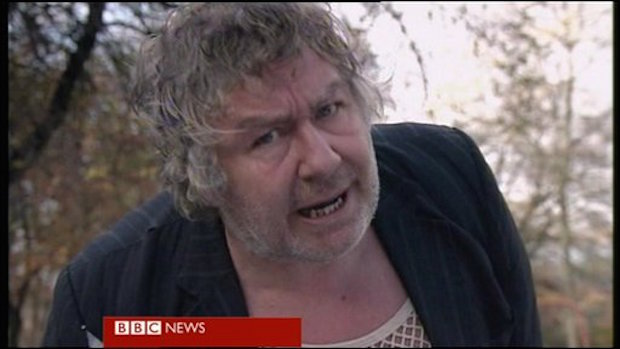The tragedy of the Rab C Nesbitt caricature is that there is a lot of truth in it – Scots do tend to have more problems with booze then those in the rest of the UK. Things are improving: today’s figures show that the alcohol-related death rate for men in Scotland is 29.8 per 100,000 – down from 45.5 per 100,000 ten years ago. But in England, this rate stands at 17.8 per 100,000.
Now, I’m all in favour of Scots who enjoy a drink – we employ one of them, the peerless Bruce Anderson, as our wine columnist. But today’s statistics put me in mind of a leading article we ran in The Spectator a hundred years ago, when there was a temperance movement trying enact prohibition in Scotland during the war:-
‘At present the economic waste caused by drunkenness in Scotland is enormous. We are not going to attempt to calculate how many hours in the working year are lost through the inefficiency caused by alcohol, but unquestionably in the aggregate the total is huge. A sober Scotland will mean a greater wealth-producing Scotland. Lastly, even if when the war is over Scotland gives tip prohibition and once more flings open the doors of the public-house, she will have done herself a great deal of good by the temporary prohibition. Thousands of men and women throughout the length and breadth of the land will have realized how perfectly easy it is to get on without the consumption of alcohol. The new experience will at first seem miraculous, and then the miracle will seem one well worth maintaining.’
A century on, and Scotland’s drinking habits are still in the news. I will confess to having realised this relatively late on. When I moved to England, I thought it odd that so many of the drunks in London were Scottish and that no one in the capital had even heard of Buckfast – a tonic wine made by monks in Devon that I used to drink when I lived in Glasgow (I even edited a guide to Glasgow’s West End telling punters where they could buy chilled bottles). Things have changed: a nationalistic Scotland now has its own: Eldorado Tonic Wine, kitted out in Saltire blue. But the problem, alas, still remains. 







Comments